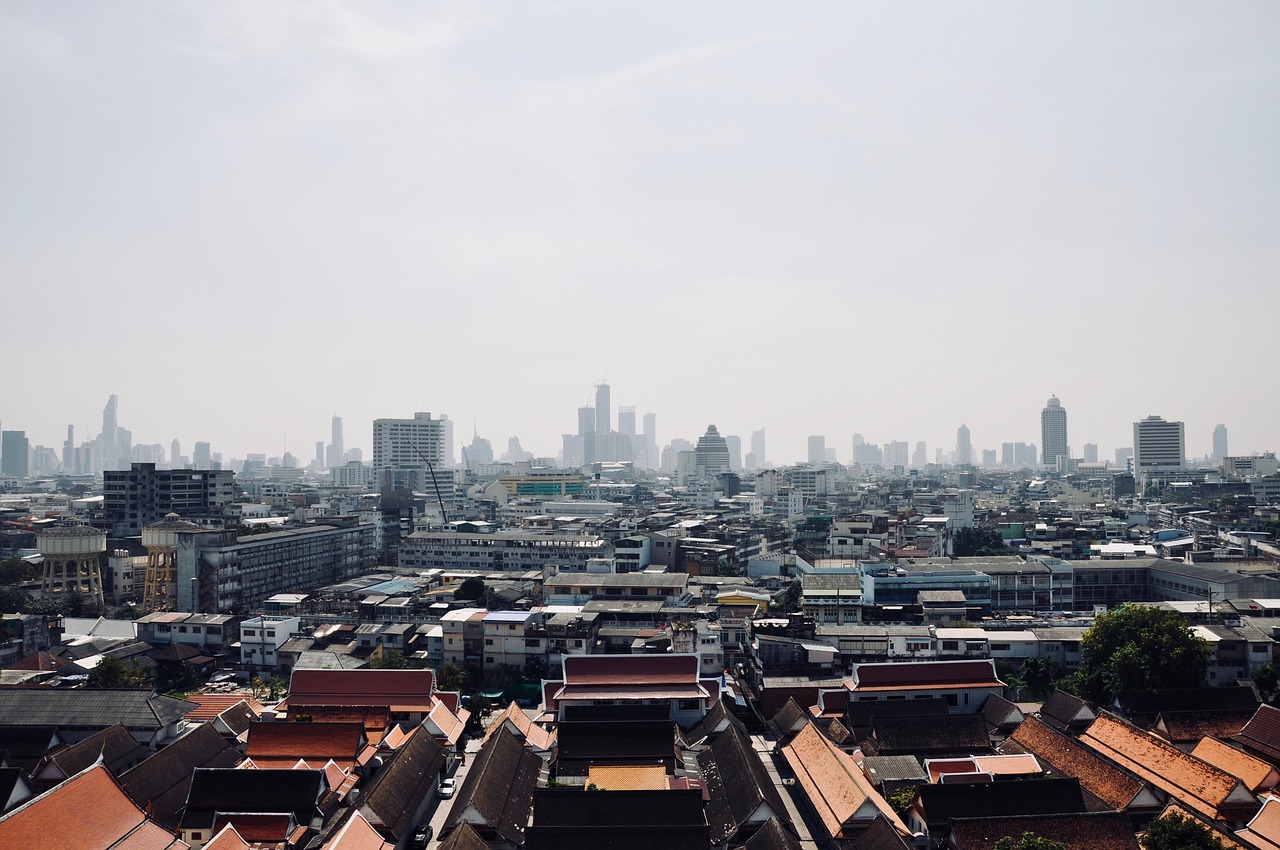World
Thailand and Vietnam’s Cooperation Raises Alarm Over Refugee Rights

The collaboration between Thai and Vietnamese authorities has drawn significant international concern, particularly regarding the potential deportation of Vietnamese refugees. Human Rights Watch (HRW) issued a strong condemnation on March 14, 2025, warning that this cooperation places vulnerable individuals at imminent risk of forced removal, a violation of international refugee law.
In the current year, HRW reported that authorities in Thailand have detained scores of Vietnamese nationals, including many with recognized refugee and asylum status. An HRW interview with 34 Vietnamese refugees residing in Bangkok between July and October 2025 revealed pervasive fears of arrest, abduction, and potential extradition to Vietnam. One case highlighted was that of Y Quynh Bdap, who was reportedly arrested by Thai authorities last year with assistance from Vietnamese officials. This individual is linked to the Montagnards Stand for Justice, a group that Vietnam has classified as terrorists.
Concerns Over Legislative Agreement
Earlier in 2025, Thailand and Vietnam signed a legislative agreement intended to strengthen judicial cooperation, combat crime, and facilitate the transfer of sentenced individuals. However, UN human rights experts have expressed concerns that this agreement may be misused, alleging that Vietnam could share intelligence with Thailand to identify Montagnard refugees for forced repatriation.
Rights advocates argue that the growing cooperation between Thai and Vietnamese authorities signifies a troubling escalation in the targeting of dissident communities abroad. This creates a climate of fear that transcends national borders. They contend that such actions blatantly contravene the principle of non-refoulement, as defined under Article 33 of the 1951 Refugee Convention, which expressly prohibits the expulsion of refugees to regions where they face life-threatening risks.
The Montagnard and Hmong communities have faced increasing repression within Vietnam, largely due to government suspicions regarding their loyalty. These concerns are rooted in ongoing conflicts over land rights, religious practices, and historical ties to the United States.
Escalating Suppression of Dissent
Vietnam’s government has also faced criticism for its overall treatment of activists and protesters. HRW’s findings in April 2025 indicated a marked increase in the suppression of dissent by authorities. The organization noted that the government has been misusing Article 331 of its penal code, which criminalizes the “abuse of democratic freedoms,” to retaliate against individuals who voice opposition to the regime.
As the situation unfolds, the international community watches closely, urging both Thailand and Vietnam to uphold their obligations to protect refugees and to respect fundamental human rights.
-

 Lifestyle4 months ago
Lifestyle4 months agoLibraries Challenge Rising E-Book Costs Amid Growing Demand
-

 Sports4 months ago
Sports4 months agoTyreek Hill Responds to Tua Tagovailoa’s Comments on Team Dynamics
-

 Sports4 months ago
Sports4 months agoLiverpool Secures Agreement to Sign Young Striker Will Wright
-

 Lifestyle4 months ago
Lifestyle4 months agoSave Your Split Tomatoes: Expert Tips for Gardeners
-

 Lifestyle4 months ago
Lifestyle4 months agoPrincess Beatrice’s Daughter Athena Joins Siblings at London Parade
-

 World4 months ago
World4 months agoWinter Storms Lash New South Wales with Snow, Flood Risks
-

 Science4 months ago
Science4 months agoTrump Administration Moves to Repeal Key Climate Regulation
-

 Science3 months ago
Science3 months agoSan Francisco Hosts Unique Contest to Identify “Performative Males”
-

 Business4 months ago
Business4 months agoSoFi Technologies Shares Slip 2% Following Insider Stock Sale
-

 Science4 months ago
Science4 months agoNew Tool Reveals Link Between Horse Coat Condition and Parasites
-

 Sports4 months ago
Sports4 months agoElon Musk Sculpture Travels From Utah to Yosemite National Park
-

 Science4 months ago
Science4 months agoNew Study Confirms Humans Transported Stonehenge Bluestones









